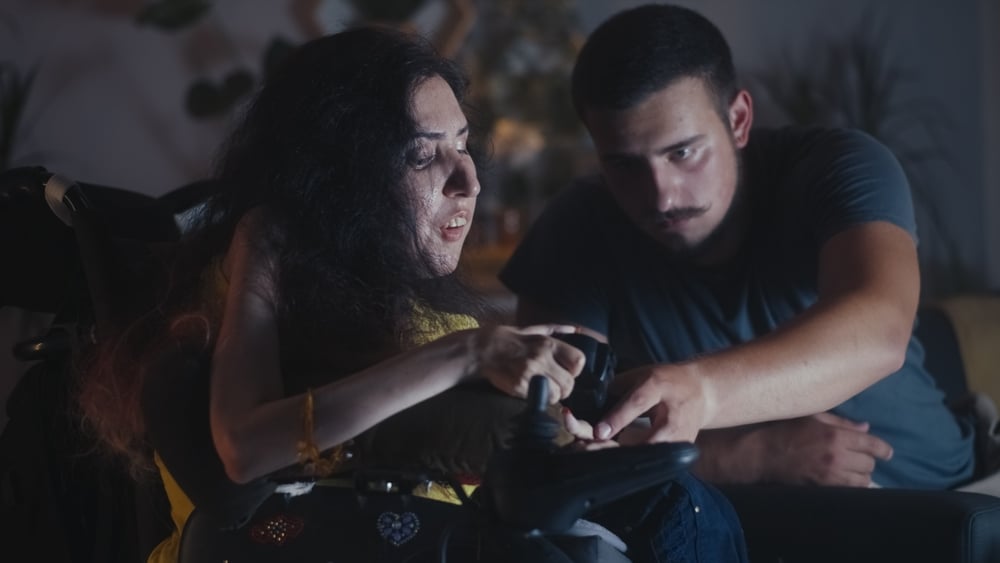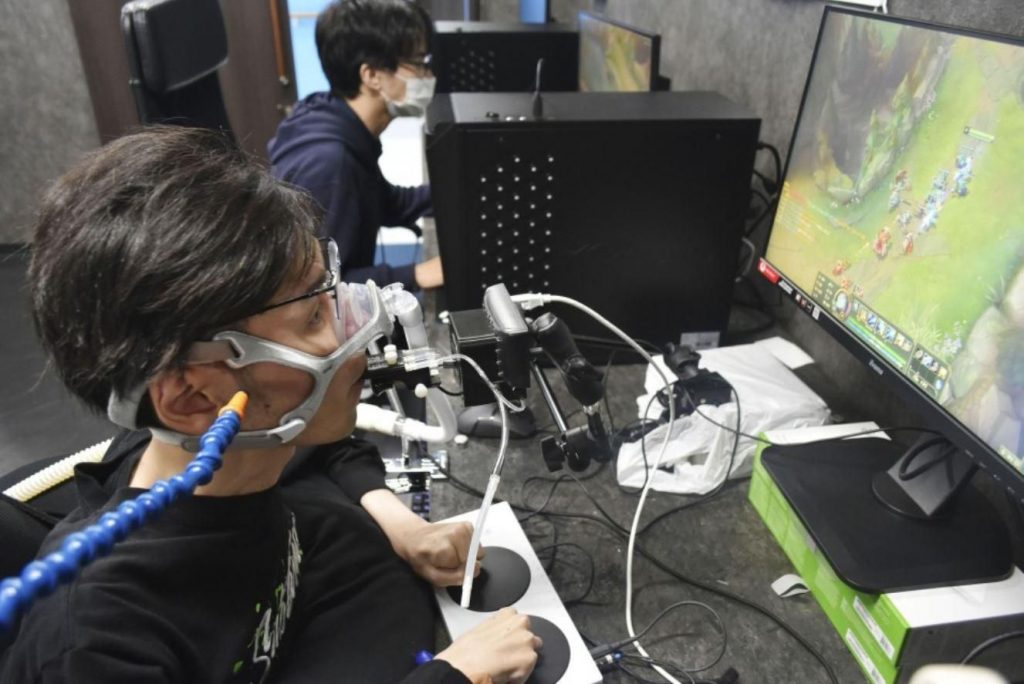
In spite of its widespread appeal, the esports industry has failed to meaningfully embrace one particular demographic: disabled people.
In the second of two pieces on disabled people in esports, Esports Insider unpicks solutions that could make esports more accommodating, fair, and above all, actually help disabled esports fans and professionals.

Learning from other industries
As awareness of the importance of inclusivity and accessibility increases across gaming, it is imperative that esports takes steps to ensure disabled people are not left behind.
For Steve Spohn, Senior Director of AbleGamers, there are lessons to be learned from a more mature profession: acting. “What my friend Kurt Yaegar [Yaegar is a below-the-knee amputee whose acting credits include NCIS and Sons of Anarchy] says is that in acting, audiences ask why there aren’t more roles for disabled people.
“The problem is not that there aren’t enough roles for disabled people, it’s that the training grounds — theatre companies, showrunners, the people who do low-level broadway things that train up actors to be great — do not accept people with disabilities.”
Spohn’s organisation AbleGamers has tried to address the similar gap between amateur and professional play for disabled pro players with a series called the Adaptive Esports Tournaments (AET). The competition currently features a $50,000 (~£40,000) prize pool specifically for disabled gamers, which naming sponsor Logitech has committed to support annually.
While it has received some criticism for being an example of positive discrimination, Spohn argues that it has helped create a ramp for disabled players to enter true professional play, and that it has raised the profile of disabled competition. “We hope that leagues like EVO and DreamHack will steal our idea, see that we’re not doing anything different, and follow our example of allowing players to play with their controllers.”
DreamHack recently announced that it will host an all-female Rocket League tournament. There are lessons to be learned here for disabled competition, namely that substantial prize pools and well-run events can provide a solution to the issue of a lack of inclusion. While there are obvious debates to be had about whether ‘positive discrimination’ actually helps boost diversity of esports demographics, it’s hard to argue that the event won’t help build players’ skills and experience with competition.
Wider solutions to a complex problem
The problem, claims Alexander Nathan, CEO of Permastunned Gaming, is that esports doesn’t have a central body that can inform and regulate tournament organisers to support disabled people as the government or international sporting bodies would.
“We need a federation [and] lots of physical locations in walkable distance for children, or at least with proper public transport, where students can be properly supervised and moulded into athletes,” he said.
In the UK for example, media regulations dictate that every channel of a certain size provides subtitles, and a minimum proportion of programming features sign language, too. That kind of decisive action is missing from esports almost entirely and would be far easier to apply with official bodies representing the disabled community in esports. They would need to either be part of a decision-making body or an official regulatory authority.
That way, events can speedily standardise basic aspects of inclusion like wheelchair ramps, sign-language interpretation, and lighting setups that benefit both epileptics, who might struggle with strobes, and the visually impaired, who may struggle picking out precise detail in murky environments.
Bryony-Hope Green, formerly the Content Manager for British Esports, is fully behind the implementation of clearer standards. “For someone with mobility issues, there is so much planning, contacting, chasing beforehand, to figure out if the event is actually going to be suitable for you to attend. I’ve been to a few places where they say ‘oh, yeah, it’s accessible.’ We’ve turned up, and there’s like two steps to get on the stage that I can’t get my wheelchair up. They have to then lift me up, and it’s degrading.
“I think we definitely need some sort of framework to make sure that everyone is able to get to events and experience the joys of esports.”

Like Vanta Esports, British Esports has tried numerous pilot initiatives alongside their flagship Student Champs series — including a collaboration with the National Star College which was covered by the BBC — but it’s sometimes hard to draw coverage and subsequent support for gaming programmes for disabled people because, while vital, they may not be as engaging as top-level, able-bodied esports competitions.
Ultimately, the main problem, alongside the effort to centralise and standardise disabled esports, is cost. Making tournament viewing and participation accessible to disabled people is an additional strain on already stretched esports organisations.
Furthermore, Permastunned’s Nathan noted that disabled people are likely to be more financially vulnerable, and are therefore less likely to take the risk of participating in gaming as a player. “Your cost of living is higher than that of an average person. And that has repercussions on your ability to find a job, too. If disabled gamers take the risk of going professional, then they are dropped by their team or they get sick, then their disability benefits go, but they stay disabled.”
But making the investment in disabled people may make sense regardless as a tournament organiser or an organisation. The ark of progress always bends towards inclusion.
Looking for ways to improve access for disabled people is crucial to the industry’s continued success. The possibility for total inclusion inherent to esports gives the discipline an advantage over other sports, which are gendered through practicality or necessity. The inclusion of disabled people will give esports a larger, more diverse pool of capable people to draw on as it attempts to become a mature entertainment industry.




